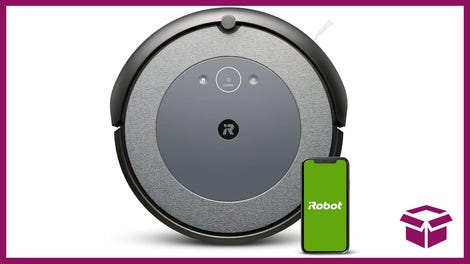Self-Driving Car Tests Are Taking in Too Much Data

Photo: Allen J. Schaben / Los Angeles Times (Getty Images)
The business of self-driving cars isn’t really a car business. It’s not about the mechanics, the horsepower and handling and understeer at the limit, but about software — trying to build a car’s brain so that it makes better decisions than a person.
Jalopinions | What Would You Buy With a Million Dollar Lottery Win?
For now, that’s a pipe dream, but it’s a pipe dream built on data. Data from every car in the fleet, analyzing everything around it thousands of times per second. All that information helps to build algorithms, to make self-driving smarter, but it comes with a very real cost: Storing, maintaining, and using that data isn’t cheap.
Wired dug into the world of AV data storage and found that companies are scaling back their information hoarding tendencies. As fleets grow and cloud storage keeps creeping up in price, autonomy developers no longer see a benefit in storing every single data point from every single sensor, always and forever.
This is a major change for an industry that used to ruin infotainment systems with its data collection tendencies, but a necessary one for businesses that want to cut costs. Wired quotes a stat saying that in just one hour of operation, a Waymo Jaguar generates 1,100 gigabytes of information — which would cost the company $22 a month to store on Amazon’s AWS infrastructure. Not a lot in a vacuum, but think about how many cars Waymo has, and how many hours they operate. One day of operation would generate expansive amounts of data that would keep escalating in price.

30% Off
iRobot Roomba i3 Robot Vacuum
A little helper
This robot vacuum can deal with hard floors and carpets, can focus on dirtier areas of your home based on its own analytics, has a runtime of up to 75 minutes, and can even do extra cleaning when pollen or shedding season are here to help those with allergies breathe a little easier.
In all, companies collecting less data is a net good. It may have a detrimental affect on the rate of improvement with autonomous intelligence, but it’ll help keep more companies in the game.



